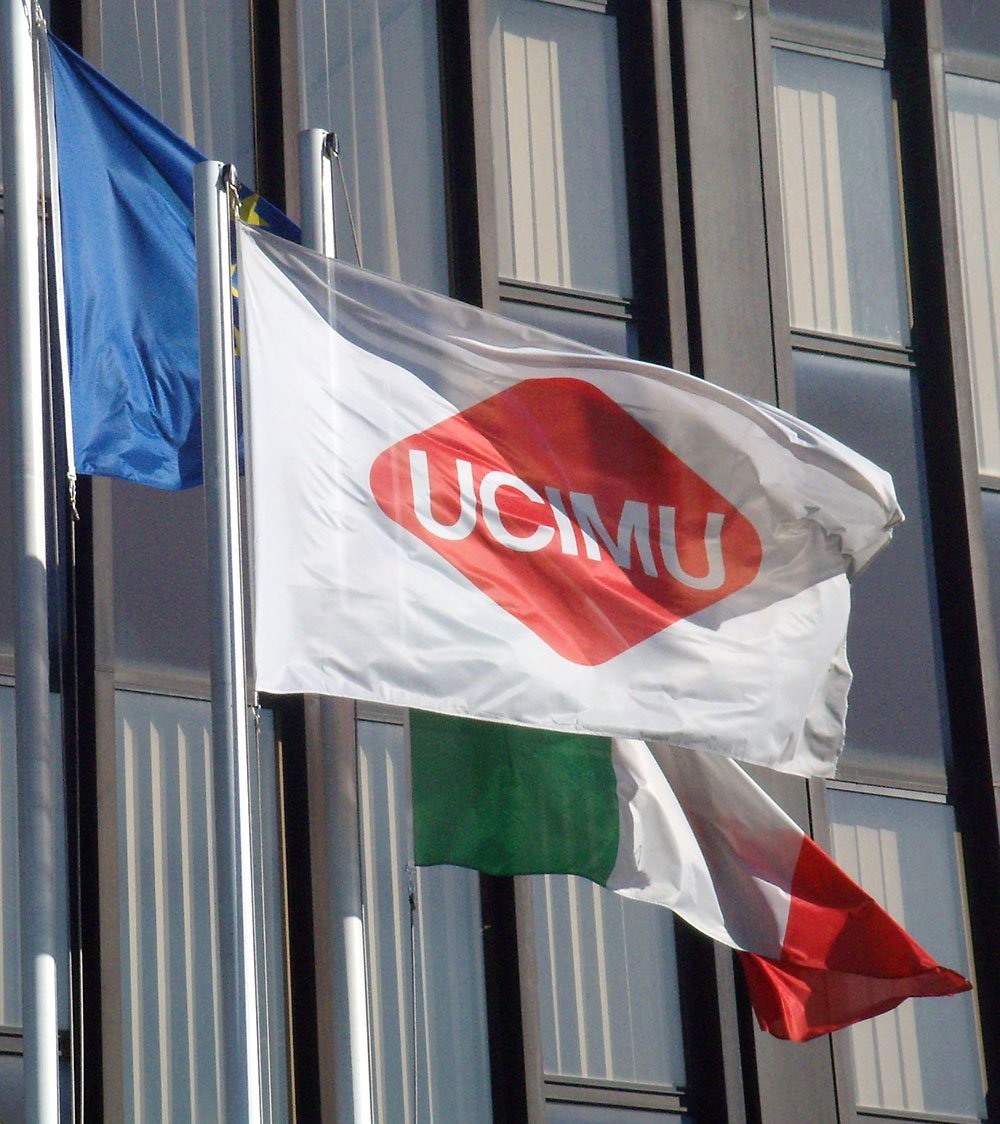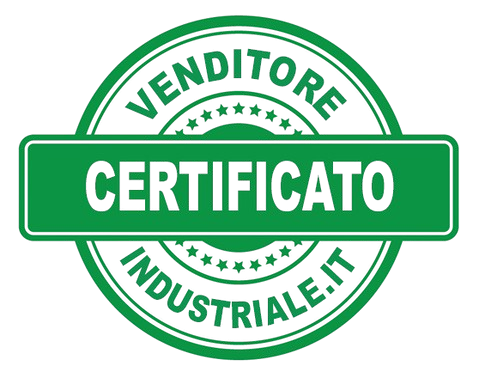Foreign orders (-7.7%); domestic orders (+12.4%)
Riccardo Rosa, president of UCIMU-SISTEMI PER PRODURRE, stated: “domestic demand is still too weak despite the “plus sign”, no improvement in the automotive sector and “uncertainty regarding Made in USA” are the critical issues that accompany the daily work of Italian manufacturers, who are worried about the near future. The economic policy tools that government authorities are defining for the two-year period 2026-2027 will be fundamental”.
In the third quarter of 2025, the machine tool orders index developed by the UCIMU-SISTEMI PER PRODURRE Study & Business Culture Centre was stationary (+1.1%) compared to the period July-September 2024. In absolute value, the index stood at 53.3 (base 100 in 2021).
In particular, orders collected on the domestic market increased by 12.4% compared to the third quarter of 2024, for an absolute value of 15.4.
On the foreign market, order collection decreased by 7.7% compared to the same period of the previous year. The absolute value of the index stood at 87.1.
Riccardo Rosa, president of UCIMU-SISTEMI PER PRODURRE, stated: “although this latest UCIMU index survey confirms the positive trend in domestic demand, the absolute value of the index shows that it is still very weak. In fact, the decline in cross-border activity is barely offset by the recovery of the domestic market.”
“The context in which we find ourselves operating,” continued Riccardo Rosa, “is truly complicated. Europe is deeply suffering from the German crisis and the geopolitical instability caused by the conflict between Russia and Ukraine. In particular, the electric transition of the engine has triggered a significant downsizing of manufacturing activity: European carmakers are not investing because it is unclear what will happen in the future and companies in the supply chain announce plant closures and staff cuts almost daily.”
"On the other hand, we Italian manufacturers see that the downsizing of our main outlet sector, namely the automotive sector, cannot be covered by investments in so-called alternative sectors. For this reason, we believe it is essential, to ward off the spectre of industrial desertification in the Old Continent, to extend the transition to green mobility and to thoughtfully consider, at the level of EU institutions, alternative forms of propulsion capable of ensuring low emissions and, at the same time, safeguarding production, factories, and jobs."
“Looking overseas,” continued the president of UCIMU, “the United States has held firm so far. However, we are seeing some cases of Italian companies having difficulty delivering machinery to the USA due to tariffs. There is great concern on this front too, as the American administration's attitude has cast heavy uncertainty on the international market, effectively causing a slowdown in export activity, as our order index clearly shows.”
“On the domestic front,” concluded president Riccardo Rosa, “we know that the Ministry of Business and Made in Italy and the Ministry of Economy and Finance are committed to defining a new industrial policy program that should support companies over the next two years. The less than positive experience of Industry 5.0, which only in its final phase brought interesting results, must serve as a warning to ensure that companies can have a truly useful and effective tool to support the updating of Italian production plants."
”We appreciate the idea of a single measure, although we prefer a tax credit. However, we request that a bonus be included for Made in EU production. Finally, the duration and financial resources needed to support the transformation of our factories will be crucial, at a time when AI and digitalization, if properly targeted, can make a difference. Regarding the duration, Riccardo Rosa concluded, we request that the measure be implemented from the beginning of the year, avoiding the exasperated wait-and-see effect we experienced with Industry 5.0. Regarding the funding, the pressure from Asian supply and general instability, the primary factor driving the freeze on investments in capital goods, require serious intervention in terms of overall financial resources to support the competitiveness of our manufacturing sector."



 Industriale.it certification
Industriale.it certification